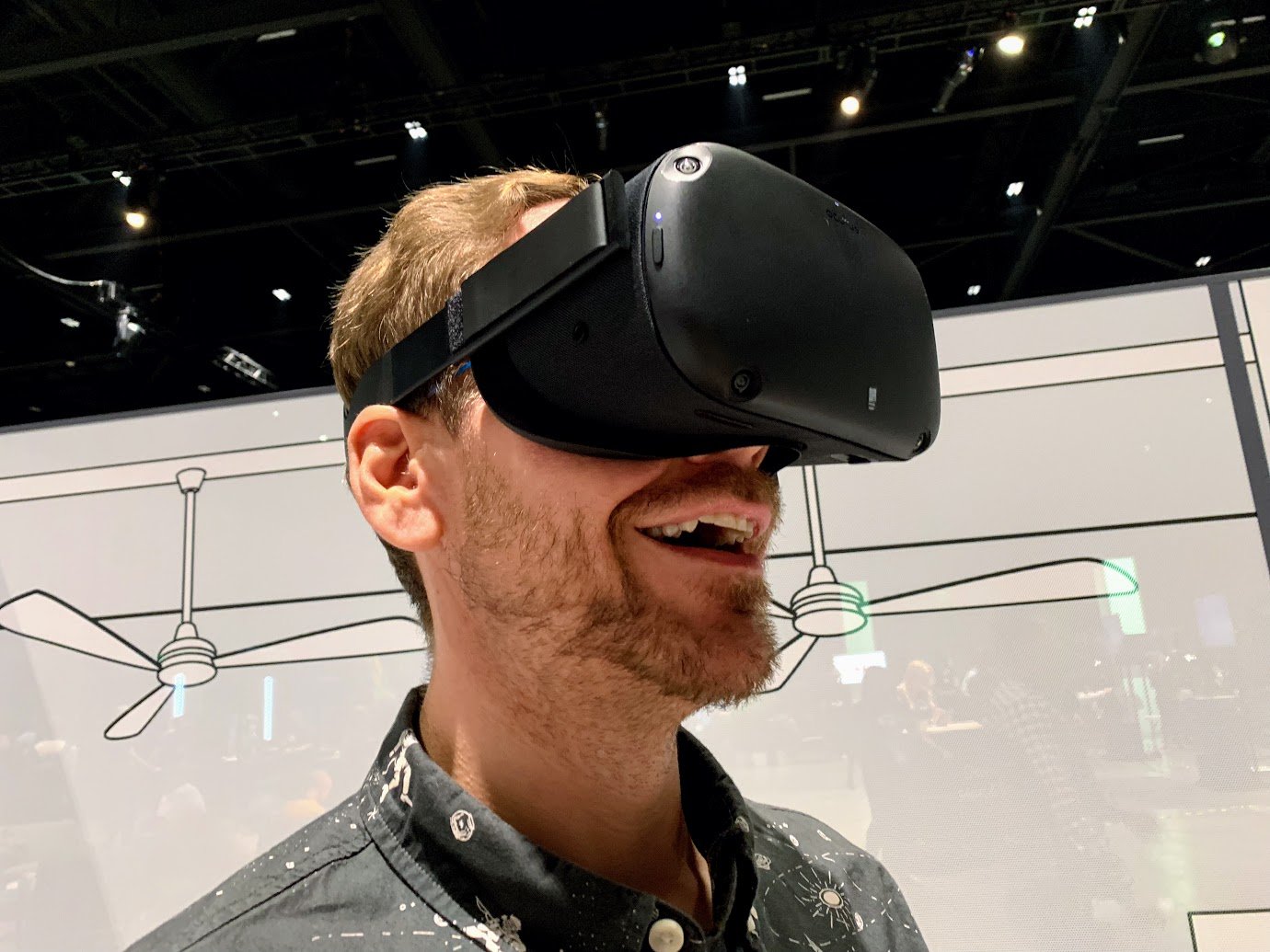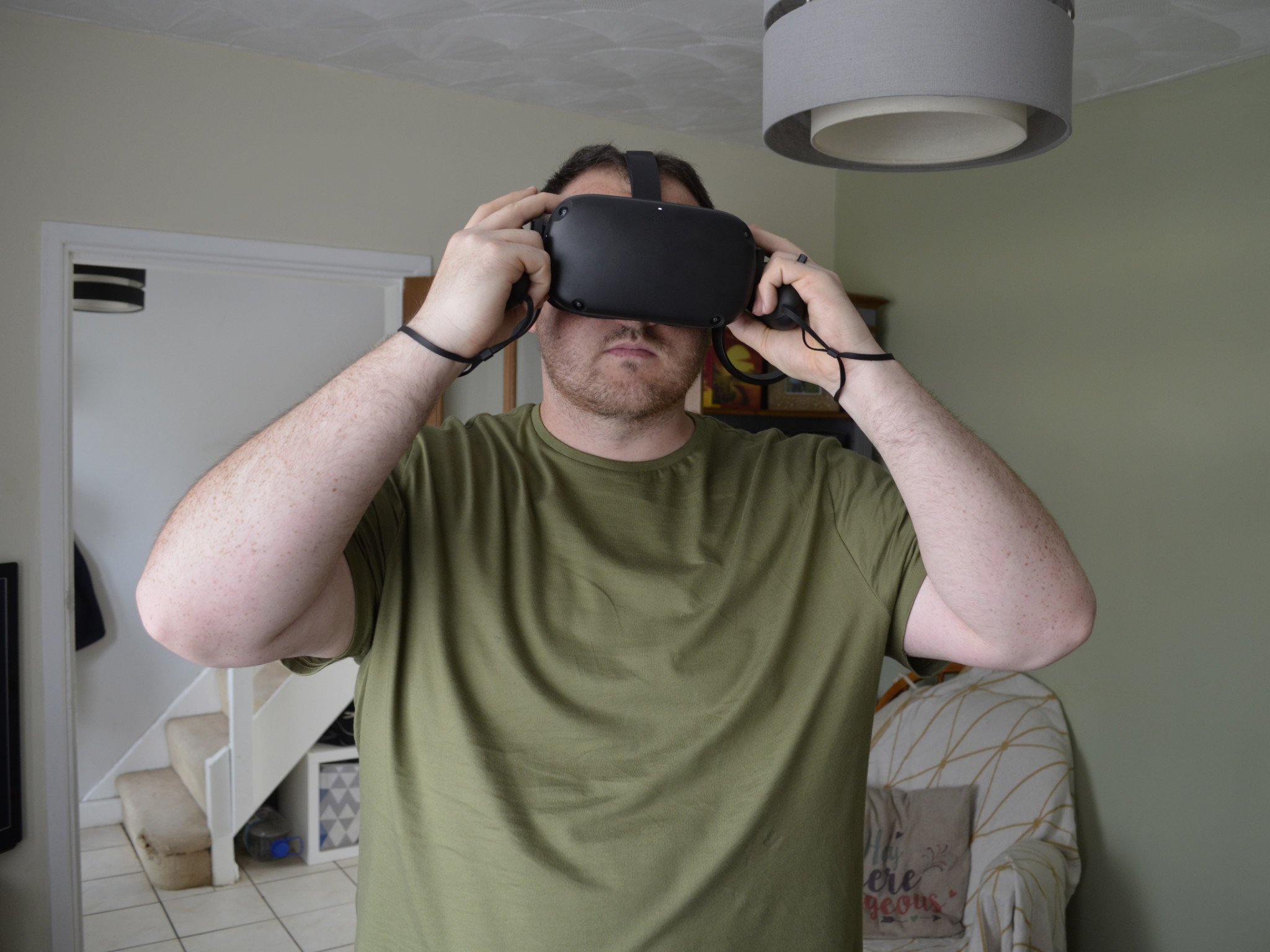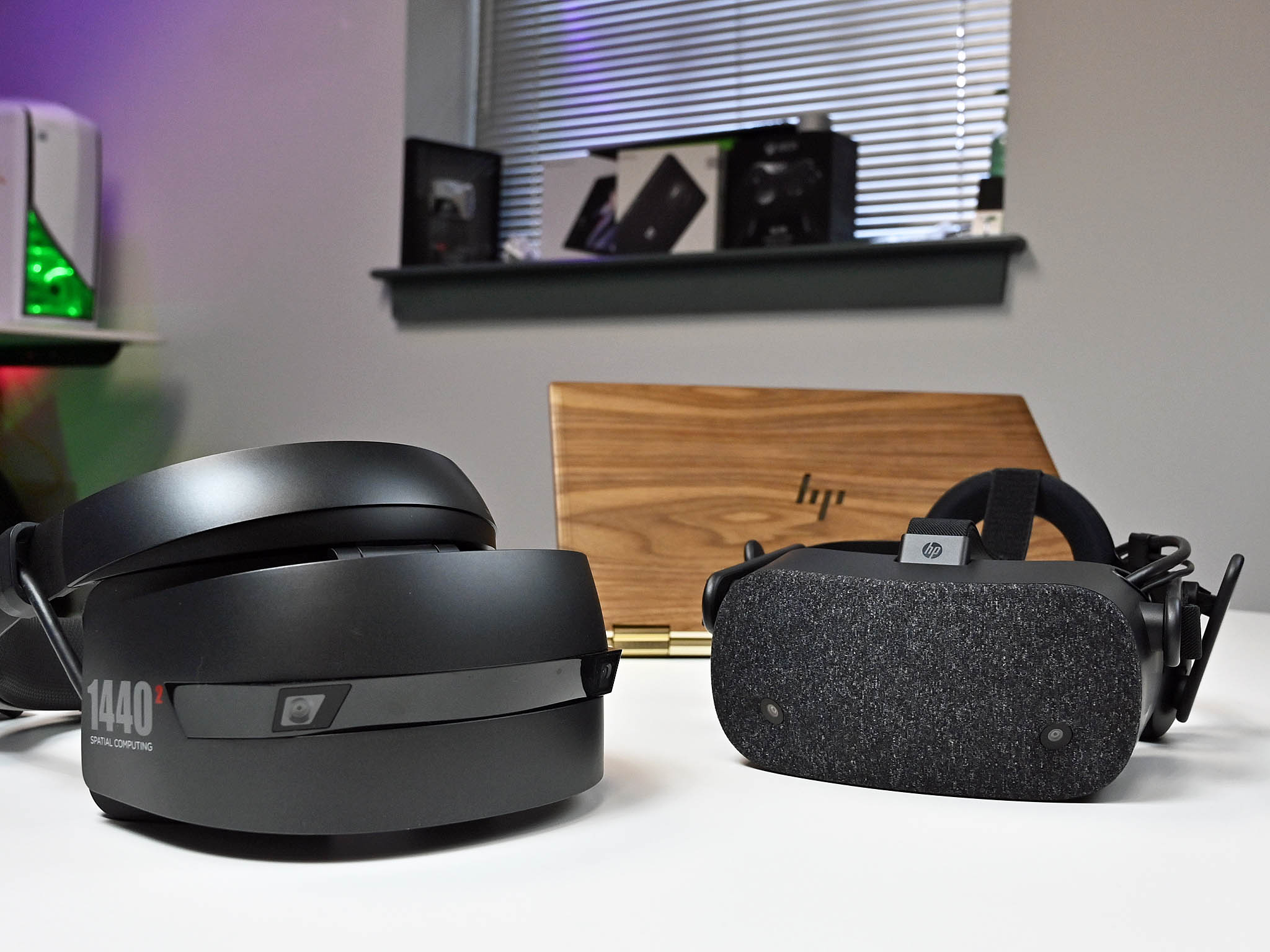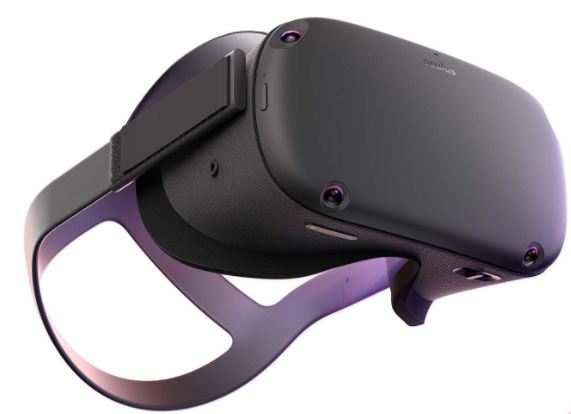The Oculus Quest is what Windows Mixed Reality should have been
What is Microsoft doing with Windows Mixed Reality, and why isn't there an untethered WMR headset yet?

A couple of weeks ago, I purchased myself an Oculus Quest headset. I love VR and was super excited about Windows Mixed Reality (WMR) when that was a venture Microsoft started diving into. Over time, however, I found that I didn't like being tethered to use my VR headset. I wanted to be able to put on my VR headset no matter where I was in the house, but that's just not possible when it's tethered to an external computer.
This is why I love the HoloLens so much, because it's an all-in-one headset that has the computer built-in. You can put it on and use it anywhere with no cables required, and it's just so freeing. Unfortunately, the same hasn't happened with Windows Mixed Reality headsets. If I want to use a Windows Mixed Reality headset, I have to use a head-mounted display (HMD) that's plugged into a PC, and that kind of sucks.
The Oculus Quest that I got a couple of weeks ago solves this problem. I'm able to put it on and use it anywhere I like, because all the computing guts are inside the headset itself, just like HoloLens. You put it on, and in just a few seconds, you're booted into the Oculus OS that has its own platform for VR games and applications, and they're just a few clicks away. It takes about 20 seconds from putting on the headset to being inside a VR game or app, and it's effortless.
Compare that to using a Windows Mixed Reality headset, which requires you to plug in the device first and foremost, wait for the controllers to pair to the computer, and then putting on the headset to launch the game or app you want. It's a much more tedious and prolonged process that frankly discourages you from wanting to use it. It's the number one reason I stopped getting my WMR headset out because I couldn't be bothered to set it all up every time.
Quest makes VR so easy

Oculus Quest turns VR into something so easy. Frankly, I love it. I've been using VR way more these last two weeks than I have done with any WMR headset I've obtained. That includes using WMR with Steam because it's just so easy to boot up and get going. All the sensors are built into the device, too, and since it's powered by a Snapdragon processor, it's always just a button tap away from being on and ready to go.
The only real downside to the Oculus Quest is that its platform, while relatively strong, isn't amazing (yet). It's early days, and I'm sure it will improve, but I can't help but wonder what this market would look like had Microsoft decided to go the same route with Windows Mixed Reality. Imagine a Windows 10 powered all-in-one VR headset, running on ARM, that supported WMR apps as well as traditional Windows desktop apps.
What I'm essentially asking for here is a HoloLens that uses virtual reality instead of augmented reality. Oculus Quest is $400, which is incredibly affordable compared to the HoloLens. An Oculus Quest type device powered by Windows 10 would be an instant buy for me, and it's just a shame Microsoft never went down this path with VR.
Get the Windows Central Newsletter
All the latest news, reviews, and guides for Windows and Xbox diehards.
VR platforms are up and coming

The biggest hurdle for Microsoft creating its own VR platform like the Oculus Quest would be developer support. It would need VR game and app developers to support the platform with their own creations. If Microsoft were willing, I think they could have gotten that support. Heck, since it's Windows, perhaps even Steam VR games would eventually be supported. But Microsoft has seemingly given up on its VR plans inside Windows and is focused more so on HoloLens these days.
The Oculus Quest is a headset that has changed my viewpoint on VR. I used to think it was a cool idea that was too cumbersome that it would never catch on, but now it's so easy to get involved that I don't see how the Quest won't be a successful VR platform in years to come. Microsoft could have been first to this market, but seemingly decided to bow out before things even started to heat up. Now that Oculus has a foot in the door with its VR platform, Microsoft probably won't be able to play catch up.
I don't know what Microsoft's plans are for Windows Mixed Reality going forward. I suspect it'll remain as an option for gamers looking for a cheap VR headset that just want to use it for Steam VR. I don't expect the VR Windows Mixed Reality platform itself ever to take off, though. It won't with the way Microsoft is currently going about it, anyway.


